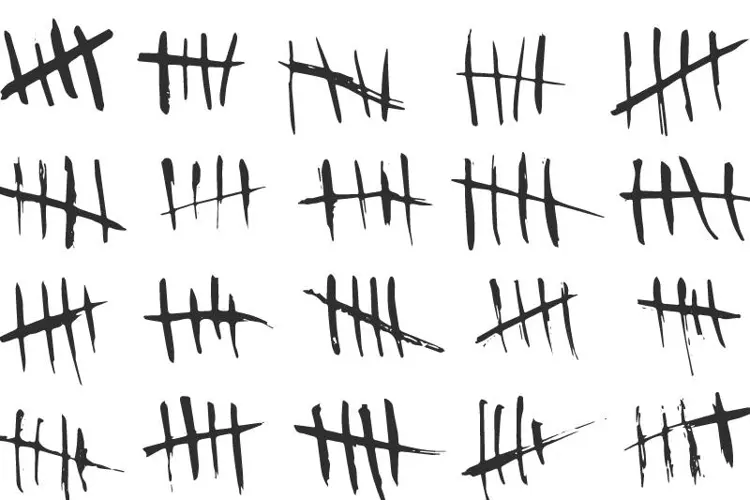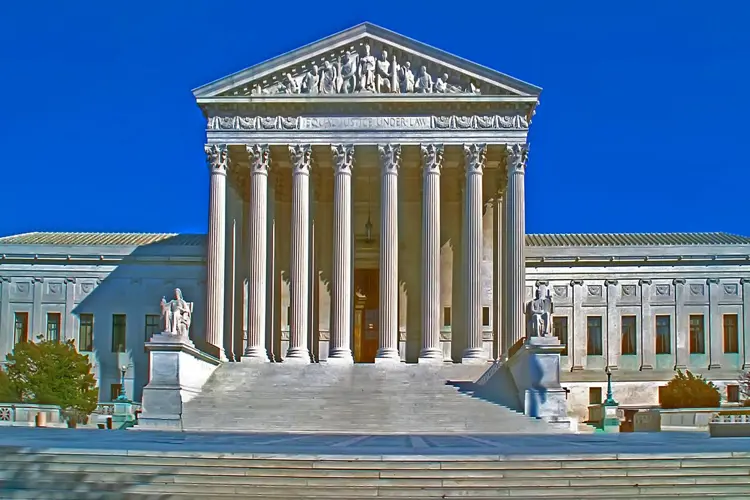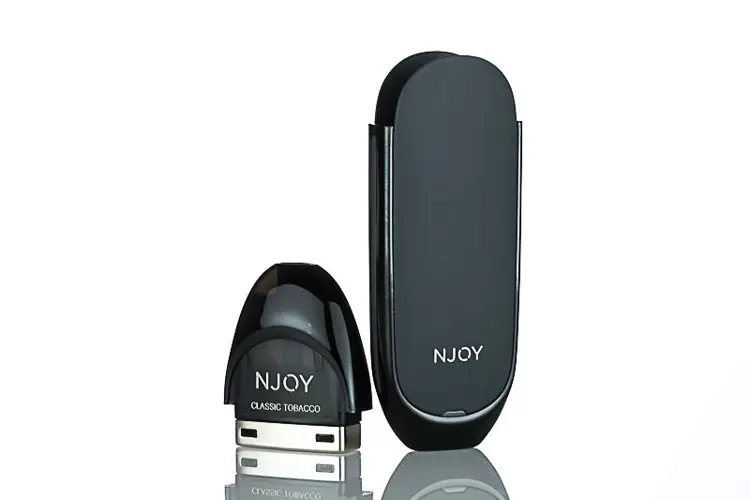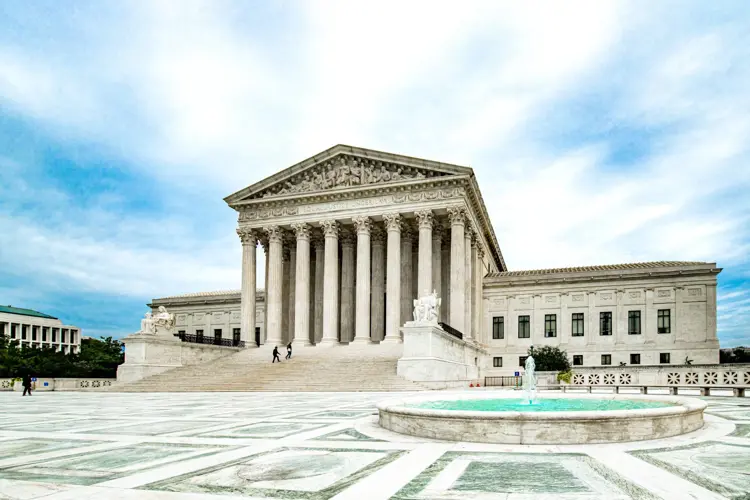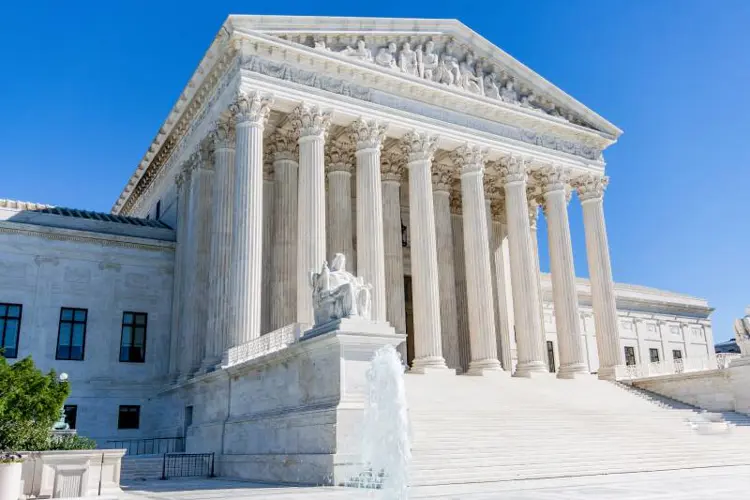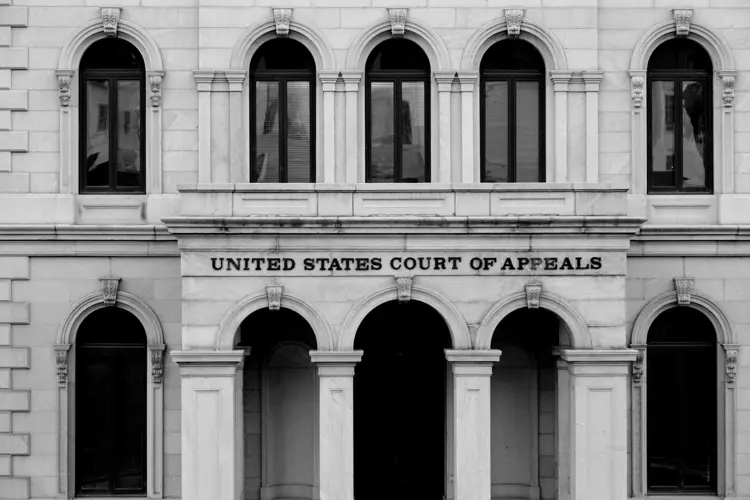The United States Supreme Court today declined to review a challenge to the FDA’s authority under the Tobacco Control Act. The lawsuit, brought by Mississippi vape shop and e-liquid manufacturer Big Time Vapes and trade organization the United States Vaping Association (USVA), had been rejected by two lower federal courts.
Rejection by the high court means the lower court decision stands. There is no further legal path for the lawsuit.
The lawsuit was based on the doctrine of nondelegation, which states that Congress cannot delegate its own legislative authority to executive agencies like the FDA. Lawyers for Big Time Vapes argued that, in the Tobacco Control Act, Congress unconstitutionally ceded its legislative authority to the FDA by giving the agency power to “deem” products to be tobacco that were not specified in the original 2009 legislation.
The nondelegation doctrine hasn’t been applied by the Supreme Court since the 1930s, but many observers believe the new conservative court majority is interested in reviving the issue. However, if that’s true, not enough of them considered this case the best vehicle for reasserting the doctrine.
It's a long shot for any case to be heard by the Supreme Court. For a petition to be accepted, four of the nine justices must agree to grant a writ of certiorari (Latin for “to be made certain”). The court typically accepts just 2-4 percent of the cases submitted to it each year.
According to court documents, the Big Time Vapes petition was discussed by the justices in conference on June 3. We don’t know how many of the justices supported the appeal—but it wasn’t four or more.
The original complaint was dismissed by the U.S. District Court for the Southern District of Mississippi in December 2019, and failed on appeal in the Fifth Circuit Court of Appeals last year.
The Supreme Court is also considering another appeal by vaping interests. Lawyers representing several small vaping businesses filed a petition for a writ of certiorari on Feb, 26, asking the high court to review Moose Jooce, et al v. Food and Drug Administration. After some delays, the Justice Department responded with its brief on June 2.
The Freemax REXA PRO and REXA SMART are highly advanced pod vapes, offering seemingly endless features, beautiful touchscreens, and new DUOMAX pods.
The OXVA XLIM Pro 2 DNA is powered by a custom-made Evolv DNA chipset, offering a Replay function and dry hit protection. Read our review to find out more.
The SKE Bar is a 2 mL replaceable pod vape with a 500 mAh battery, a 1.2-ohm mesh coil, and 35 flavors to choose from in 2% nicotine.
Because of declining cigarette sales, state governments in the U.S. and countries around the world are looking to vapor products as a new source of tax revenue.
The legal age to buy e-cigarettes and other vaping products varies around the world. The United States recently changed the legal minimum sales age to 21.
A list of vaping product flavor bans and online sales bans in the United States, and sales and possession bans in other countries.







